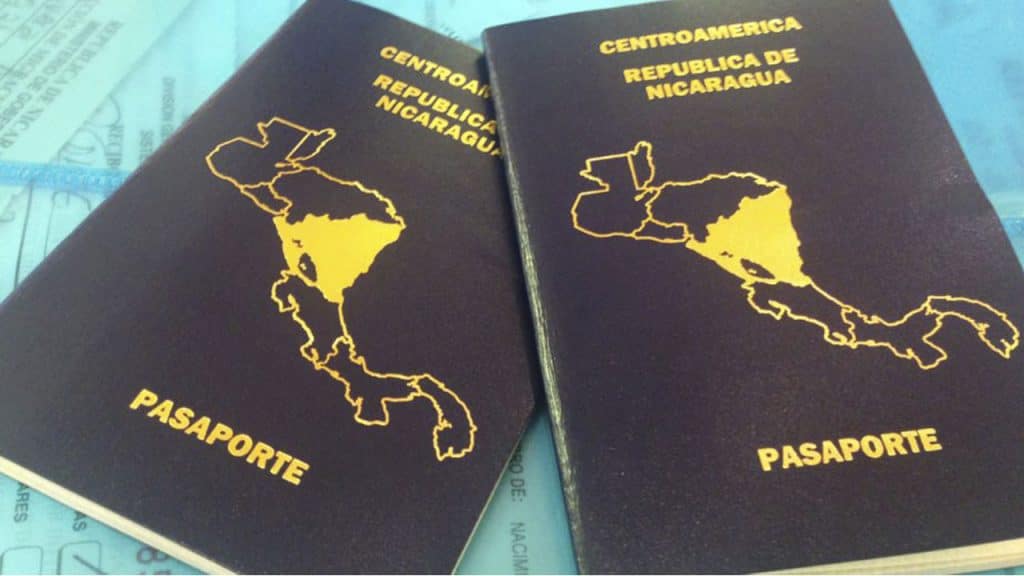A Nicaraguan court under President Daniel Ortega stripped the citizenship from 94 exiled dissidents and declared them to be “traitors to the fatherland,” drawing sharp criticism from a regional UN watchdog agency.
Among the dissidents is perhaps Nicaragua’s most acclaimed living author, Sergio Ramirez, who once served as vice president under Ortega, who has been widely accused of authoritarianism.
Others include a Catholic bishop, Silvio Baez, and several former comrades-in-arms of Ortega in the leftist Sandinista Front that came to power in 1979, only to lose elections in 1990.
Another writer, Gioconda Belli, and a prominent human rights activist, Vilma Nunez, also were stripped of citizenship as were former Sandinista leaders Luis Carrion and Monica Baltodano and crusading journalist Carlos Fernando Chamorro.
The chief of Managua’s court of appeals, Ernesto Rodriguez Mejia, read a resolution declaring the 94 exiled dissidents to be “fugitives from justice.”
“The accused executed and continue carrying out criminal acts to the detriment of peace, sovereignty, independence and self-determination of the Nicaraguan people,” the judge said, adding that they fomented economic sabotage of the Ortega government by calling for boycotts.
“Due to these facts, the accused can no longer be considered Nicaraguan citizens,” he said. The Central America office of the UN High Commissioner for Human Rights voiced its “alarm” over the action.
“We condemn in the strongest possible terms the new wave of violations of (human rights) and call on the state to immediately cease persecution and reprisal” against dissidents and human rights defenders, the office tweeted.
Since large-scale street protests erupted against his rule in 2018, Ortega has employed heavily armed paramilitary squads to crush opposition and jailed all major opposition figures.
The Ortega government freed and expelled a group of 222 jailed dissidents last week, yanking their citizenship after putting them on a charter flight to Washington.
Ortega came back to power after 2007 elections, and has steadily seized control over all branches of government.
Ramirez, the writer, who is exiled in Spain, broke with the Sandinista Front in the mid-1990s, when he founded a political movement that vowed to adhere to democratic principles.
Ramirez failed in a 1996 bid for the presidency, but has had far more luck in his writing career, winning the 2017 Cervantes Prize given by the Spanish government, which is the most prestigious literary prize in the Spanish-speaking world.






